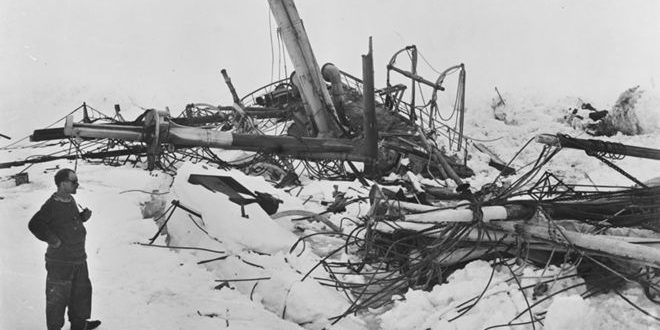Antarctic scientists seeking to locate the wreck of Sir Ernest Shackleton’s lost ship, the Endurance, have arrived at the search site.
The team broke through thick pack ice on Sunday to reach the vessel’s last known position in the Weddell Sea.
Robotic submersibles will now spend the next few days scouring the ocean floor for the maritime icon.
Shackleton and his crew had to abandon Endurance in 1915 when it was crushed by sea ice and sank in 3,000m of water.
Their escape across the frozen floes on foot and in lifeboats is an extraordinary story that has resonated down through the years – and makes the wooden polar yacht perhaps the most sought-after of all undiscovered wrecks.![]()
Operating from the South African ice-breaker, the SA Agulhas II, the team’s plan is to put down an autonomous underwater vehicle (AUV) to map the seafloor for anomalies.
A wide box has been designated, and the robot, equipped with side-scan sonar, will run back and forth across this search zone like a lawnmower. Its first dive will last 45 hours.
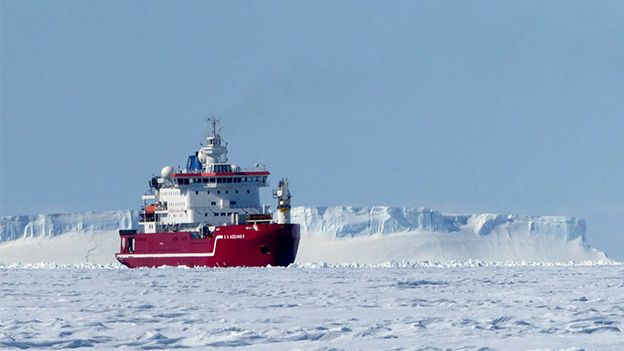
There will be no attempt to retrieve artefacts should the Endurance be found. The intention only is to make a 3D model of the wreck site.
The search will be challenging because of the sea ice at the surface. The Agulhas will have to periodically shift its hull to maintain open holes in the floes, through which to launch and recover AUVs.
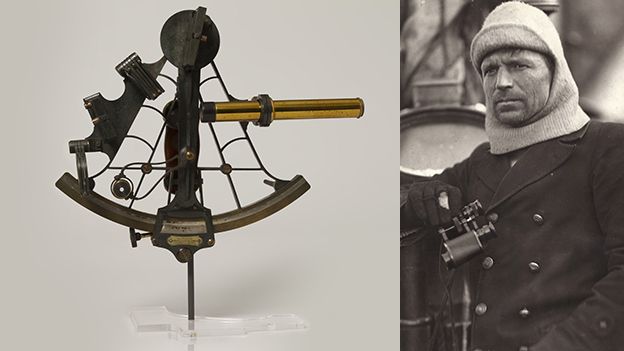
Scientists are extremely confident they are in the right place to find Endurance.
Shackleton’s skipper, Frank Worsely, was a very skilled navigator and used a sextant and chronometer to calculate the precise co-ordinates of the Endurance sinking – 68°39’30.0″ South and 52°26’30.0″ West.
The ship is almost certainly within a few nautical miles of this point – and there is every chance it is in reasonable condition.
The organisms that normally consume sunken wooden vessels do not thrive in the cold waters of the Antarctic, so even though the Endurance was broken when it went down, its timbers are most probably well preserved on the ocean floor.
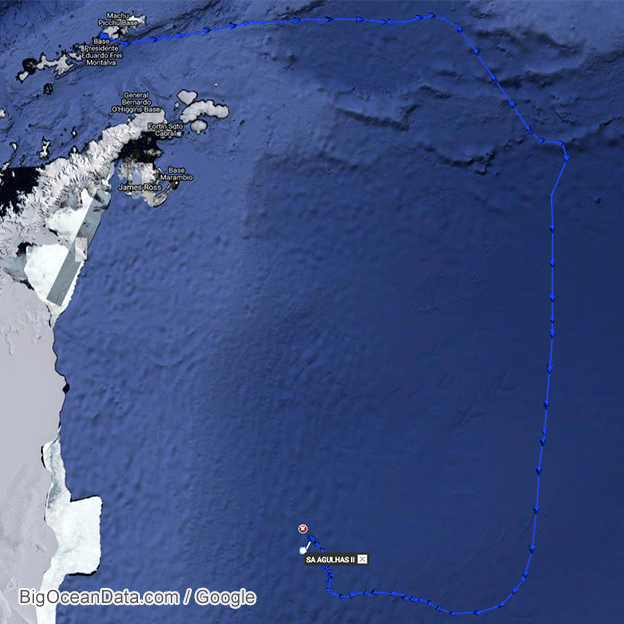

Just getting to the search site is a remarkable effort. The Agulhas has had to fight its way through ice that has thickened over several years.
Unlike Shackleton, however, the Weddell Sea Expedition team has been assisted by satellite ice charts, which make picking a way through the floes a lot easier.
The significance of the moment was not lost on the expedition’s marine archaeologist, Mensun Bound: “We are the first people here since Shackleton and his men!” he was quoted as saying.
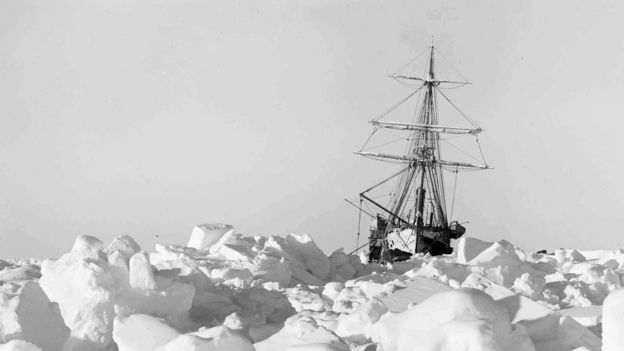
–
BBC
 UAE BARQ برق الإمارات – نبضك
UAE BARQ برق الإمارات – نبضك

